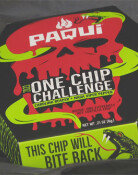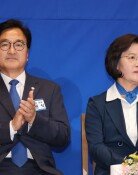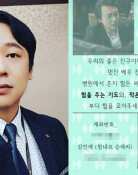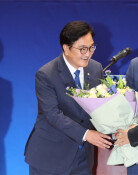[Editorial] The Blame Game
Chung Dong-young is the Uri Partys newly elected chairman. His convention election is expected to be the start of a new chapter in the party, including a reshuffling of its ranks and the launch of a more responsible brand of governance policy.
Despite much initial fanfare, however, popular support for the Uri Party has fallen to around 30 percent due to the partys failure to deliver economic results and improve the public good.
The majority party should reflect on its inability to deliver, despite garnering more than half of the National Assembly seats during the general elections of April 2004. It is only in this way that the party can regain the confidence of the public.
Chung began his acceptance speech with criticism. Cheong Wa Dae and the National Assembly have cleaned up their acts, but Koreas local politics, in which the Grand National Party holds 85 percent of the seats, is rotten with personnel problems and misconduct. He continued his criticism of local politics by saying, The National Assembly should inspect local governments and leaders who have squandered our valuable tax money.
At this point, one wonders whether, local politics aside, the central government of President Roh Moo-hyun and the Uri Party is responsible. If local politics are this corrupt, what have the government and majority party been doing over the past three years?
Citizens may regard these statements as just a political attack in preparation for the upcoming local elections. If local politics are as rotten and diseased as suggested, it is for the voters to decide with their votes, not Chung. Incidentally, that is also why local politics exist.
Adding to the unforeseen criticism of local politics, Chung continued with a barrage of problematic statements. During the Assembly election campaigns in 2004, he had a history of displaying an odd perspective on democracy and elections with statements such as, The elderly need not come to the voting booths. Recently, his statements of gaining national resources by reducing the defense budget to combat polarization, have invoked much criticism as well.
Chung has not yet appeared atop surveys that track the favorites for the next presidential election. Though the spirit of the times may be light, it seems the public still thirsts for a character of depth and integrity.







